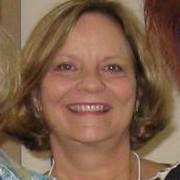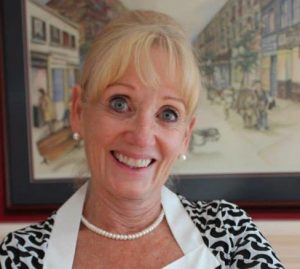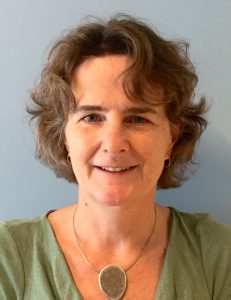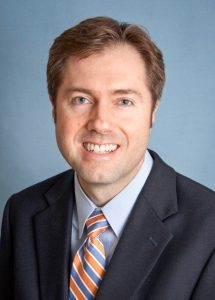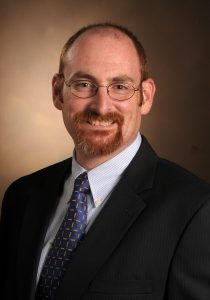In case you missed yesterday’s Webcast Audio Seminar (WAS) Session, here are the highlights of this session:
Self-directed learning in your curriculum—getting from theory to practice.
Sandrijn Vanschaik, MD, PhD
University of California San Francisco (UCSF)
Douglas Larsen, M.D.
Washington University School of Medicine in St. Louis
William Cutrer, M.D.
Vanderbilt University
- Physicians and health care professionals need life-long learning skills because of rapidly expanding medical knowledge
- Self-regulated learning that links (goals/plans) to (actions/monitoring) to (assessment/reflection) in a circular fashion is the most optimal learning framework for taking the novice practitioner to expert
- Student goal setting needs to be in an appropriate timeframe and a collaborative discussion between student and faculty
- The Master Adaptive Learner develops life-long learning skills that can applied to learning now, the immediate future, and much later
- Critical thinking and reflection are necessary at each of the steps in the process of self-regulated learning
- Coaching from mentors/teachers/peers accentuates the success of self-regulated learning
For more information on the next sessions or to register, please click here.

